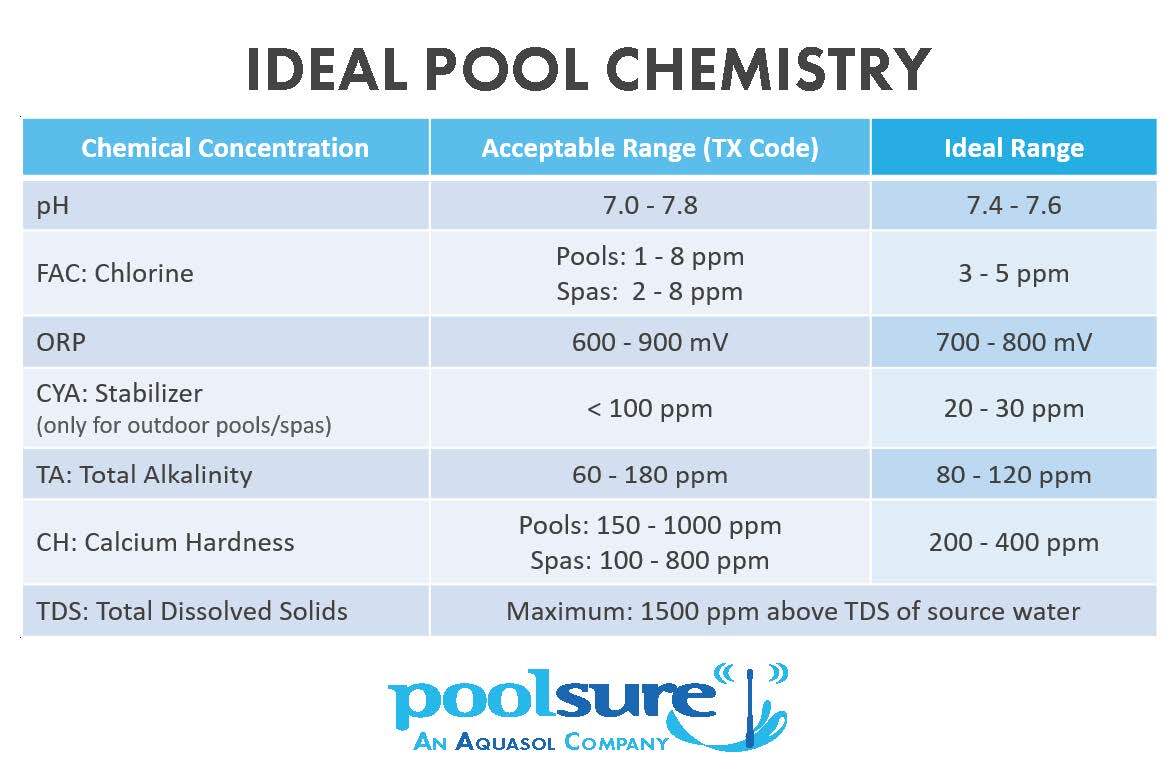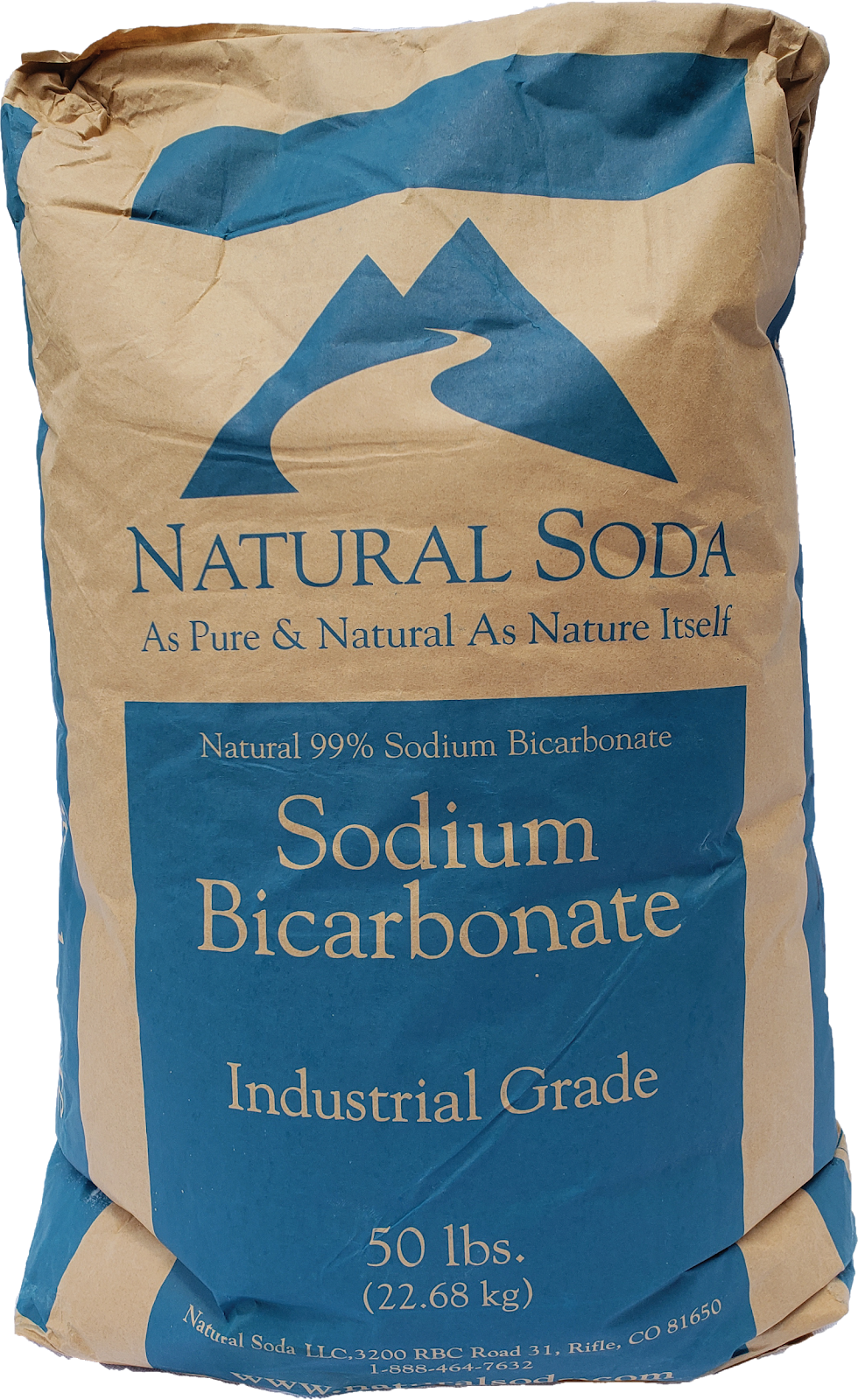Pool Chemical Basics: Water Alkalinity (TA, ALK)

A beautiful, clear pool is a result of well-balanced water chemistry.
Alkalinity, or Total Alkalinity (TA), is one of the main pool chemical parameters to monitor when focusing on keeping your pool healthy. Some of the other main chemical parameters to monitor are chlorine (FC), pH, calcium hardness (CH), stabilizer (CYA), and total dissolved solids (TDS).
Check out the ideal ranges for these common pool chemical parameters here:

Why is pool alkalinity important?
Alkalinity (TA) in pools helps prevent sudden changes in pH. In other words, TA is a buffer for keeping pH where it should be.
If your pool does not have enough alkalinity, pH levels can swing dramatically from low to high or vice versa — a phenomenon called pH bounce. When pH balance chemicals are added, the pH level will become unstable and change erratically. This makes it difficult for a chemical control system such as a chemical controller to maintain consistent chlorine levels in your pool. This is also why alkalinity should always be adjusted before pH.
If the alkalinity level if your pool is too high, the pH level of your pool will become difficult to adjust. This is called pH lock.
Alkalinity can be accurately measured by most swimming pool test kits. The ideal range for a swimming pool’s total alkalinity is between 80 ppm and 120 ppm, though the acceptable range is between 60 ppm and 180 ppm.
What problems can high or low alkalinity cause in pools?
Why is high alkalinity bad for your pool?
Alkalinity levels above 180 ppm will cause pH lock, which results in:
- Rough pool wall surfaces
- Clogged filters and heater elements
- Cloudy pool water
- Reduced circulation
Why is low alkalinity bad for your pool?
Alkalinity levels below 60 ppm will cause pH bounce, which results in:
- Etching and staining of pool surfaces and equipment
- Eye and skin irritation
- Large fluctuations in pH levels
- Heater failure
What causes pool alkalinity to rise or fall?
There are plenty of reasons why your alkalinity levels could be off. Here are some of the more frequent ones.
- Rain
- Body fluids
- Sunscreens
- Pool shock
- High-alkaline water sources
When alkalinity levels go out of bounds, you’ll need to rebalance your pool as soon as possible to avoid problems.
How do you raise the alkalinity levels in your pool?
You can raise your pool’s alkalinity levels by adding sodium bicarbonate (AKA bicarb, or baking soda). Sodium bicarbonate increases your pool’s Total Alkalinity (TA). Poolsure recommends you add bicarb when your TA level falls below 80 ppm.

Procedure for adding bicarb manually:
- Unplug the controller before adding any chemicals.
- Add in the desired amount of chemical. (Remember to add dry chemicals to water, not water to dry chemicals.)
- Wait a minimum of one hour before plugging the controller back in.
Reminder: Always add chemicals to water, never water to chemicals.
How do you lower the alkalinity levels in your pool?
If total alkalinity is above 160 ppm, test the fill source water alkalinity. If fill water alkalinity is lower than pool water alkalinity, Poolsure recommends a partial water replacement.
Acid may also be used to lower alkalinity. Typically, this will happen naturally when using a chemical control system such as Poolsure’s chemical controller. Adding acid will lower pH and alkalinity gradually at the same time.
Once you adjust the total alkalinity of your pool water, make sure you test the pool again to make sure that alkalinity is within its ideal range.
When to contact Poolsure
Are you having problems with low or high alkalinity? Poolsure can help.
Nothing is more important to Poolsure than providing high-quality chemicals and services that you need in order to maintain beautiful and balanced pools.
Learn more about our Water Management Program to see if it is right for your property!
About Poolsure
Poolsure provides water management services for commercial pools and spas along the Gulf Coast. Let us bring safe swimming to your property and help you keep your pool beautiful and safe!
How to Reach Us
ADDRESS
1707 Townhurst Drive
Houston, TX 77043
PHONE
1-800-858-7665
EMAIL
customerservice@poolsure.com
HOURS
Monday – Friday
7:00am – 5:30pm
CURRENTLY SERVICING
Texas, Louisiana, Mississippi, Florida, Arizona
Want More Info?
Let us revolutionize your relationship with your pool! We are currently servicing commercial pools in Texas, Louisiana, Mississippi and Florida.
